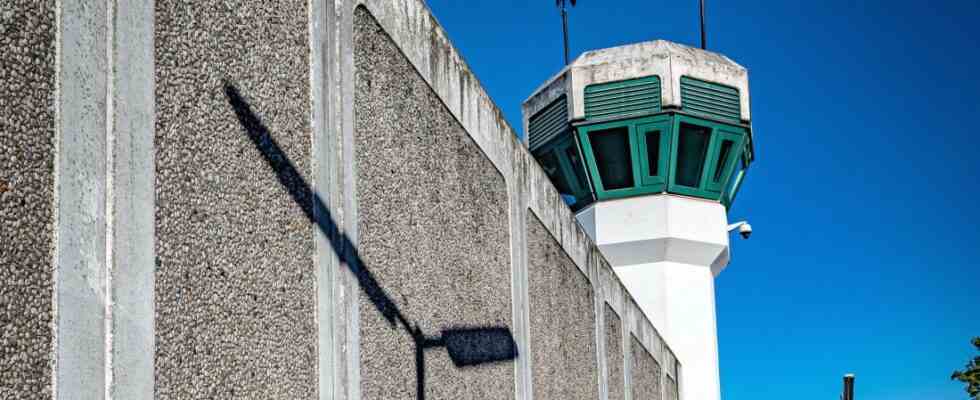About 50,000 people are imprisoned every year simply because they cannot pay a fine. New backgrounds to this result from a response from the federal government to a small inquiry from the left-wing faction, which the Süddeutsche Zeitung present. In poorer federal states such as Brandenburg, around ten percent of all prison cells are regularly occupied by people who, according to their verdict, were actually only sentenced to a fine. In richer Hamburg, on the other hand, it is usually only between three and four percent. The federal government does not say which crimes are involved. This is not accurately recorded. However, she refers to a study by the criminological service of the state of North Rhine-Westphalia. According to this, in almost every fourth case it is about the “cheating of services”, i.e. usually the so-called fare evasion in local public transport.
In principle, all those convicted have the opportunity to work off their fine if they cannot pay it. But especially the people who repeatedly come to court for “cheating benefits” are often too ill for it. The criminological service from North Rhine-Westphalia goes on to say: “These prisoners are” – also in comparison to other insolvent persons – “according to the records, a somewhat larger proportion are impoverished, ill, socially excluded and not dangerous in the criminal sense”.
Among the federal states, the east German states in particular stand out with relatively high rates of fine debtors in prisons. But Bavaria also shows a special feature according to the information provided by the federal government. As of June 30, 2021, 7.73 percent of all prisoners were only in prison because of a fine. This is the highest value in western Germany. Above all, however, this also means an increase compared to previous years, while the numbers have recently decreased in almost all other federal states. This decrease is due to the fact that in many places the judiciary temporarily refrained from imprisoning those who defaulted on fines, or at least postponed it, as long as the corona pandemic posed great difficulties for the penal system.
Insolvent inmates cost 450,000 euros a day
According to the federal government, the costs of imprisoning insolvent persons amount to an average of 157.72 euros per day of imprisonment. According to the other information, this means that around 450,000 euros per day are spent across Germany to imprison such convicts, often for simply taking the S-Bahn without a ticket. Left Party MP Clara Bünger criticizes this: “These sums could be used far more sensibly, for example to provide free social tickets to the needy and, in the medium term, to expand free local public transport.”
The left faction has therefore drawn up a draft law. It is also available to the SZ. Accordingly, the criminal liability of driving without a ticket should be dropped. And without replacement, as stated in the justification. In particular, downgrading the offense to an administrative offense is unnecessary. Because the injustice of the deed is already “sanctioned by a considerable ‘increased transport fee’, which at 60 euros nationwide is even higher than most fines for illegal parking at 15 to 25 euros”. The traffic light coalition should “act quickly,” demands Left-wing MP Bünger.
In the coalition agreement of the traffic light, the topic of “cheating services” is already mentioned. The coalition SPD, Greens and FDP want to check this, but are not yet committed to it. In its response to the Left Party’s request, the federal government is now stating: The principle that fines that are not paid must be served in prison is still considered to be sensible. This principle creates an “effective means of pressure” to enforce the fine. However, one is open to suggestions such as that in the future two daily rates of fines could be paid for one day in detention instead of just one.

